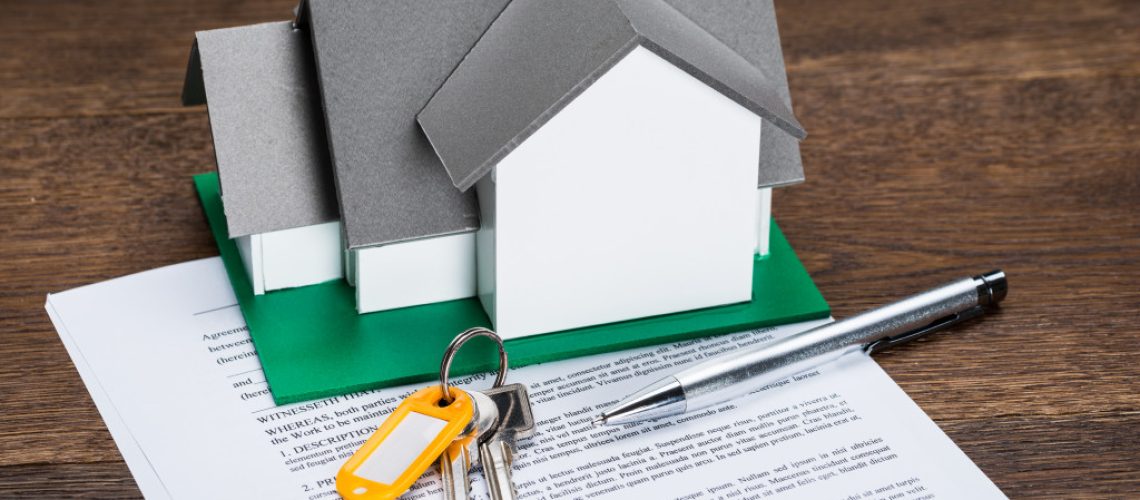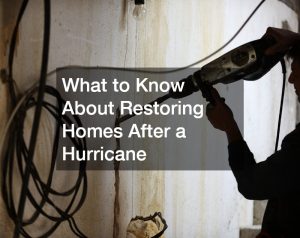• Typhoon-related events in the US cause billions of dollars in damages.
• Physical destruction of properties, disruption to utilities and infrastructure, and decrease in property values can follow a typhoon.
• Insurance claims and disputes can arise from storm damage, and long-term impact on real estate development can be seen.
• Property owners can protect their buildings by building walls, installing shutters, securing loose objects, and investing in insurance.
• Taking proactive steps can help you recover more quickly after a typhoon.
Natural disasters can cause enormous and widespread devastation to a region. Their impact on the environment, infrastructure, and the economy can be lasting and sometimes even irreversible. One such type of disaster is typhoons – powerful tropical cyclones that have the potential to wreak havoc on coastal areas and islands.
Typhoon Cost in the Real Estate Industry
Typhoons can significantly affect a region’s human and economic costs. For example, typhoon-related events in the United States have caused billions of dollars in damages since 1950. The most costly occurred in 2017 when Hurricane Harvey caused an estimated $125 billion in damage to Texas and Louisiana.
It can also affect specific industries, primarily the real estate industry. Here are various ways typhoons can damage the real estate industry, and share some advice for entrepreneurs on preparing for and recovering from these catastrophic events.
Physical Destruction of Properties
A typhoon’s most immediate and visible effect on the real estate industry is the physical destruction of properties. High wind speeds, heavy rainfall, and storm surges can lead to widespread damage. This can include everything from broken windows, roofs, and structural damage to the destruction of buildings. The cost of rebuilding and repairing these properties can be astronomical, particularly for larger commercial buildings and infrastructure.
Disruption to Utilities and Infrastructure
In addition to damaging properties, typhoons can also have a significant impact on infrastructure and utilities. This includes roads, bridges, public transportation, and water and electricity supplies. When infrastructure is damaged or destroyed, restoring these essential services can take a considerable amount of time and resources. In the meantime, real estate becomes less valuable due to the disruption caused to everyday life and business operations.
Decrease in Property Value
As a result of the physical destruction and disruption to infrastructure, property values can take a significant hit in the aftermath of a typhoon. This can be particularly damaging to the real estate industry, as property values are the foundation for investments. When values decrease, investors may be less inclined to put their money into real estate, leading to a slowdown in the market. The extent to which property values are affected depends mainly on the severity of the typhoon and the effectiveness of recovery efforts.
Insurance Claims and Disputes
The real estate industry, particularly in typhoon-prone areas, relies heavily on insurance to mitigate the financial risk associated with property damage. After a typhoon, there can be an overwhelming number of insurance claims, with property owners and businesses seeking compensation for their losses. This can lead to delays in processing claims, disputes between policyholders and insurers, and ultimately higher insurance premiums for everyone in the industry.
Long-term Impact on Real Estate Development
An area hit by a devastating typhoon may also reduce real estate development for years. This is because investors, developers, and even potential residents may be wary of the risks associated with building and living in a region prone to such disasters. As a result, demand for real estate in these areas may remain low, slowing down the industry and limiting growth.
How to Protect Your Properties From Typhoons
If you’re a property owner in an area prone to typhoons, there are ways you can protect your properties and investments from the damaging effects of these powerful storms.
Build Walls
The wind can be a major cause of property damage during a typhoon. Building walls around your property’s perimeter can help protect it from wind damage, flooding, and storm surge. You can contact a local concrete contractor to help you out. They can construct strong and sturdy walls to stand up against a typhoon’s powerful winds.
Install Shutters
Another way to protect your property is to install shutters on all its external windows and doors. These shutters are designed to withstand hurricane-level winds, helping keep your building safe from debris and other projectiles.
Secure Loose Objects
Typhoons can pick up and carry anything that isn’t securely fastened down. To minimize the risk of property damage, ensure all outdoor furniture, tools, toys, and other loose items are stored away or firmly secured to the ground.
Invest in Insurance
Finally, it’s essential to invest in a comprehensive insurance policy that covers typhoon damage. This will help protect you from the financial burden of repairs and rebuilding.
Preparing for and recovering from a typhoon can be daunting, but it’s essential to do whatever you can to protect your investments in real estate. Taking proactive steps can help you weather the storm. This can help you and your business bounce back more quickly after the storm.





